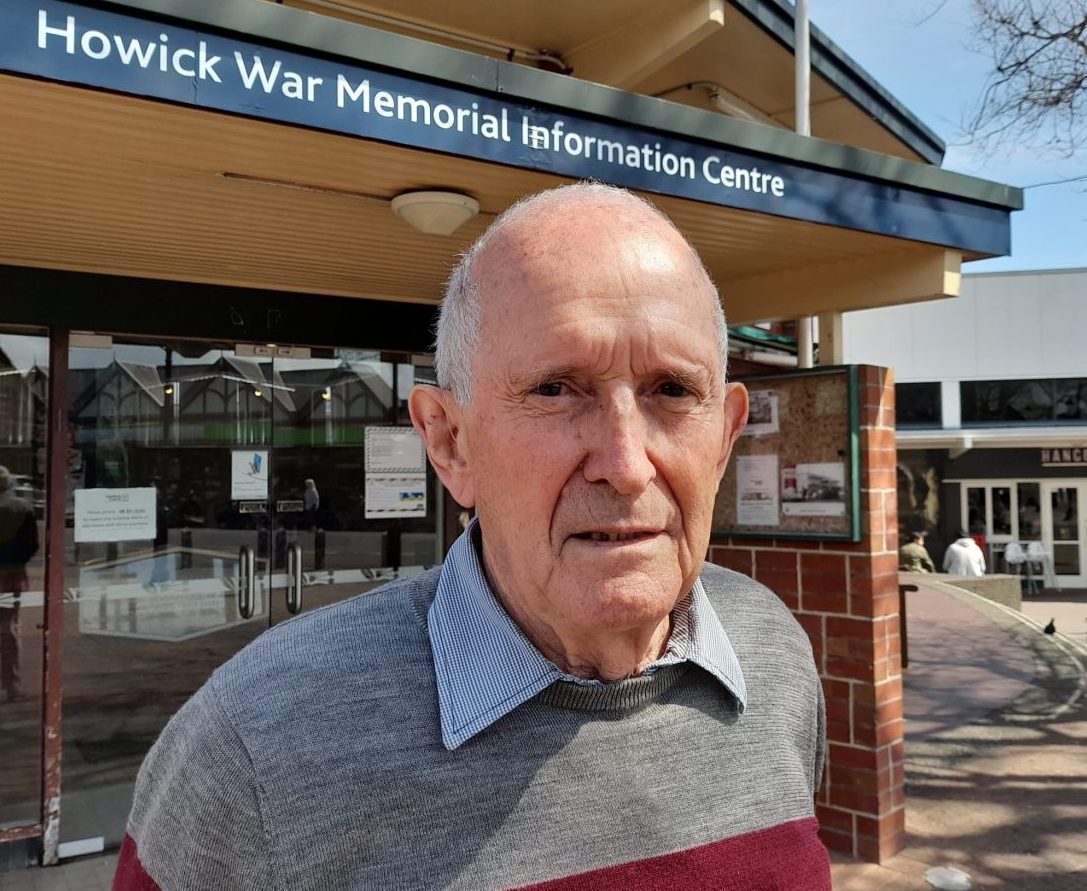
Howick RSA leadership is welcoming proposed changes the Government is signalling it’ll make to the Anzac Day Act.
Prime Minister Christopher Luxon and Veterans Minister Chris Penk said recently the Anzac Day Amendment Bill intends that more veterans who have served in New Zealand’s Defence Force will be formally acknowledged during official Anzac Day commemorations.
New Howick RSA president, Barry Dreyer, says the first update of the Anzac Day Act since 1966 “is welcome”.
“Our local community has increasingly recognised the Anzac Day commemorations in Howick, at both the dawn service and the mid-morning civic service.
“Now all past and living service people who have been involved in operational and peacekeeping operations will be recognised,” Dreyer says.
“There would not have been any year since 1966 that New Zealand has not had soldiers, sailors and air force on either operational service or peacekeeping deployments.”
Penk believes many people don’t realise the Anzac Day Act in its present form doesn’t commemorate the contribution New Zealand forces have made in conflicts after 1966.
The final conflict mentioned in the act is the Vietnam War, a conflict that Dreyer served in the New Zealand Army.
Penk says: “The Government is doing something about this by progressing a bill to amend the Anzac Day Act so the day will officially recognise those who have taken part in more recent war-like conflicts, including our peacekeeping forces, as well as those from previous wars.
“We know there is more we can – and should – do to better recognise service personnel’s sacrifices.
“Even the question of who is officially recognised as a ‘veteran’ is more complicated than most would realise, with not all people who have operationally served in the New Zealand Defence Force recognised as a veteran.”
Dreyer says a lot of the work done by this nation’s armed forces is little known about home in New Zealand.
“Rhodesia [Zimbabwe] and Namibia come to mind – nasty, sharp and confused operations aimed at restoring the peace and disarming both sides of a local war.
“Bosnia, too, was a difficult and traumatic deployment. Others such as Afghanistan and East Timor are better known,” Dreyer says.
“We’ve been involved in the Middle East for decades both in United Nations’ operations and in support of Coalition Forces.
“A couple of the nastiest places in the world are Somalia and South Sudan, both of which have had New Zealand peacekeepers operating for some time.”
Dreyer adds that New Zealand had troops on the Israel-Lebanese border on October 7 last year and have been in the Sainai area of Egypt for decades.
“There are nearly 60 years of dedicated service by our armed forces that will be formally recognised. That can only be a good thing.
“These servicepeople are living amongst us and deserve whatever recognition we can give them,” Dreyer says.
Penk says Veterans often tell him that recognition is the most meaningful form of thanks.
“Serving your country comes with great personal sacrifice which can never be fully repaid, but recognising the bravery, honour and dedication of service personnel through official commemorations like Anzac Day goes a long way.
“Anzac Day commemorations were originally designed to remember those who fell at Gallipoli [1915-16 campaign, World War I],” Penk says.
“But increasingly New Zealanders are using the occasion to remember and honour all who have served New Zealand.”
The Anzac Day Amendment Bill is due to be introduced in parliament before Anzac Day 2025 and passed in time for Anzac Day 2026.









